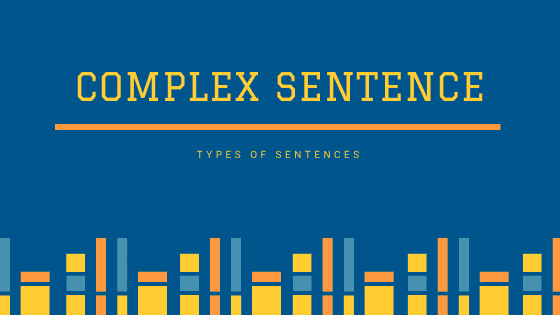Grammar and Language: Sentence Types - Complex (Practice Quiz, Ungraded)
- Due No due date
- Points 18
- Questions 6
- Time Limit None
Instructions

Background
There are many types of sentences. We use different sentence structures to connect our ideas in new and original ways. The most common are simple, compound, and complex. Today we will look at complex sentences.
Instructions
- Read all of the information on Complex Sentences.
- Practice at the bottom of the page.
Explanation
A complex sentence has two "parts" or "thoughts": an independent thought and a dependent thought. These are also called clauses, but for today, let's refer to them as "thoughts"
1. An independent thought is a complete sentence all by itself.
Example: The mystery of the Egyptian pyramids has not been solved.
(This is a complete thought. No more information is needed)
2. A dependent thought is not a complete sentence. It uses a special kind of word called a transition word (or in grammar terms, a subordinating conjunction). These transition words often start dependent thoughts: since, if, because, even, though, after, while, whenever, although
Example: After 4.000 years have passed.
(This thought makes you ask, "What happened after 4,000 years? I need more information!"
A complex sentence has both an independent and a dependent clause.
Example: After 4,000 years have passed, the mystery of the Egyptian pyramids has not been solved.
The Comma
When a sentence starts with a dependent thought, a comma is used to separate it from the independent thought. A comma is not needed if the dependent clause comes AFTER the independent clause.
Comma: After 4,000 years have passed, the mystery of the Egyptian pyramids has not been solved.
No Comma: The mystery of the Egyptian pyramids has not been solved after 4,000 years.
Practice
Rewrite each thought below to make a complex sentence. Add the missing independent or dependent thought.
Example:
Dependent thought: If the team does not make the cut. --> (This needs more information, right?!!)
Complex sentence: If the team does not make the cut, they will not be able to go to the finals.
(Kyle added an independent thought to make this a complex sentence)